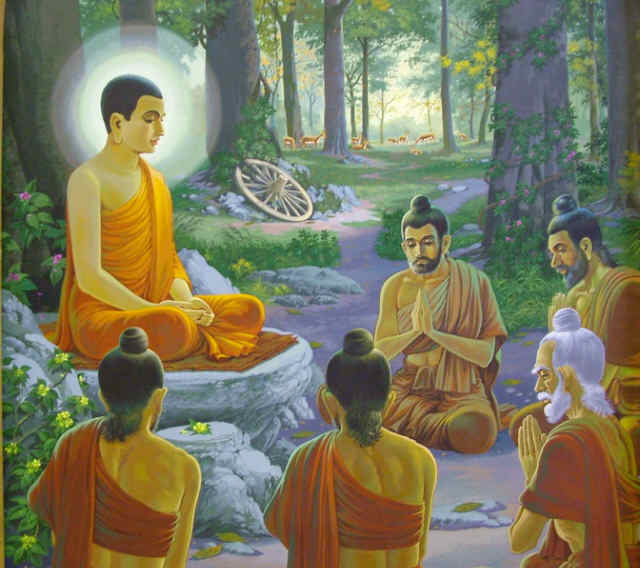-
Comment January 9, 2017
-
What more enlightenment do you want
Comment January 9, 2017 -
No matter how old they get
Comment January 8, 2017 -
External events and internal thoughts
Comment December 24, 2016Our misery or happiness depends on how we react to external events and internal thoughts. We judge and label everything based on our reactions. Sometimes our reactions are so strong that they destroy us. But the real problem is in not understanding that reactions themselves come and go based on ever-changing circumstances. ~ 17th Karmapa
-
As long as you learn
Comment December 24, 2016To live as equals with others requires a wide range of experience. The wise have much experience and fools have little. To gain experience, you need to go through good and bad times. How can you grow if your experiences are always the same? Anything that happens, good or bad, can be constructive in the end — as long as you learn something useful from it. So when you face difficulties, don’t feel too bad! ~17th Karmapa
-
Follow then the shining ones
Comment November 28, 2016 -
Those who lead others through nonviolent
Comment November 28, 2016 -
knowing that the other person is angry
Comment November 24, 2016 -
Those who cause me suffering
Comment November 15, 2016Those who cause me suffering
Are like Buddhas bestowing their blessings.
Since they lead me to liberating paths,
Why should I get angry with them?“Don’t they obstruct your virtuous practice?”
No! There is no virtuous practice greater than patience;
Therefore, I will never get angry
With those who cause me suffering.If, because of my own shortcomings,
I do not practice patience with my enemy,
It is not he, but I, who prevents me from practicing patience,
The cause of accumulating merit.—Shantideva
-
It’s All Right Here
Comment November 15, 2016The Buddha is the Dhamma; the Dhamma is the Buddha. He didn’t take away the knowledge he awakened to. He left it right here. To put it in simple terms, it’s like the teachers in schools. They haven’t been teachers from birth. They had to study the course of study for teachers before they could be teachers, teaching in school and getting paid. After a while, they’ll die away — away from being teachers. But you can say that in a way the teachers don’t die. The qualities that make people into teachers remain right here. It’s the same with the Buddha. The noble truths that made him the Buddha still remain right here. They haven’t run off anywhere at all. ~Ajahn Chah
“In Simple Terms: 108 Dhamma Similes”, by Ajahn Chah
translated from the Thai by Thanissaro Bhikkhu.
Access to Insight (Legacy Edition), 2 November 2013
Link source
















